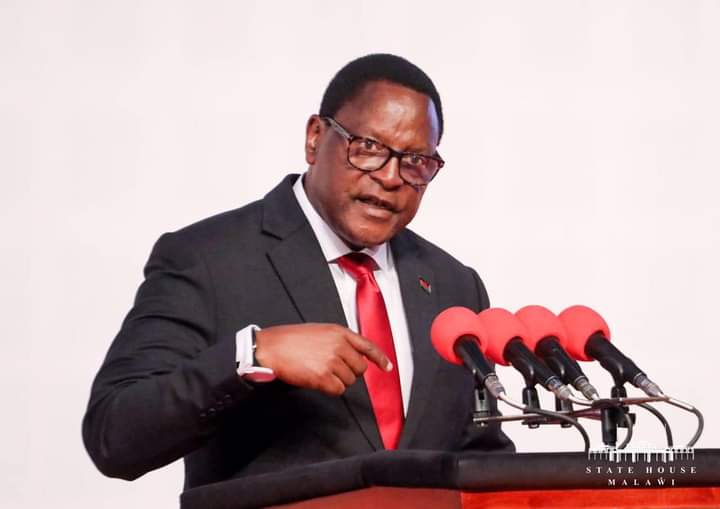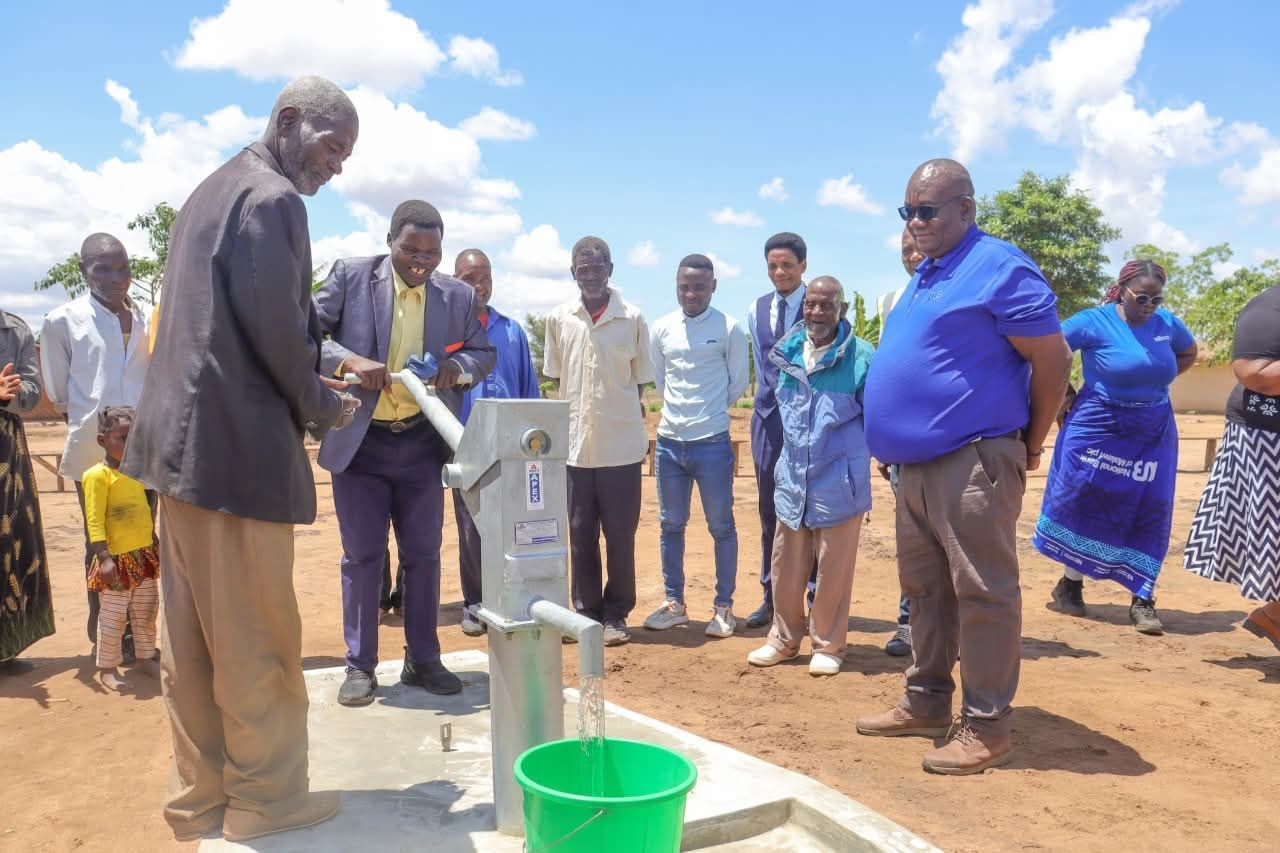By Suleman Chitera
Lilongwe, Malawi – President Lazarus Chakwera, who recently attracted widespread attention for voting in support of the continuation of the Palestine war, has officially lost the 2025 Malawi Presidential Elections.
The Malawi Electoral Commission (MEC) announced the results, confirming that Chakwera’s Malawi Congress Party (MCP) was defeated by Democratic Progressive Party (DPP) candidate Peter Mutharika, who made a dramatic political comeback.
Chakwera’s Palestine Vote and Its Impact
President Chakwera’s stance on the Palestine conflict raised eyebrows both at home and abroad. By casting a vote that favored the continuation of the war, he sparked criticism from peace advocates, who argued that Malawi should always stand on the side of peace and reconciliation.
Analysts say this decision may have contributed to eroding public trust in his leadership, especially among Malawians who value the country’s long tradition of peacekeeping and diplomacy.
Election Results and Public Reaction
Out of over 7 million registered voters, turnout reached more than 76%. Chakwera’s defeat was decisive, with Mutharika securing a comfortable majority.
Reactions from citizens have been mixed. Some view the election outcome as a rejection of Chakwera’s foreign policy decisions, while others believe the loss was due to broader concerns about the economy, corruption, and governance.
Malawi’s Role in Global Diplomacy
Malawi has historically been seen as a peaceful voice in global affairs, contributing to United Nations peacekeeping missions across Africa and beyond. Critics argue that Chakwera’s Palestine war vote was inconsistent with this legacy and could have damaged Malawi’s international reputation.
What Next for Chakwera?
As Chakwera transitions out of office, questions remain about his political future and whether his controversial foreign policy stance will continue to shape discussions in Malawi’s political landscape. Meanwhile, president-elect Peter Mutharika has promised to restore unity, stability, and economic growth in the country.




